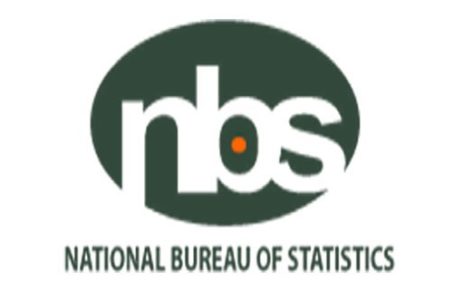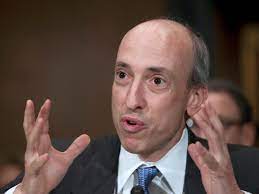White House economists have sternly warned of a potential global financial crisis if U.S. Congress fails to raise the federal government’s debt limit before the country is expected to default on the national debt.
Speaking on the implications of default by the President Biden-led administration on the country’s debt obligations, Cecilia Rouse, leading other economists at the White House Council of Economic Advisers, cautioned that “a default would have serious and protracted financial and economic effects. Financial markets would lose faith in the United States, the dollar would weaken, and stocks would fall.
“The U.S. credit rating would almost certainly be downgraded, and interest rates would broadly rise for many consumer loans”, the economists added.
According to them, these and other consequences could trigger a U.S. economic recession.
This is even as they noted that the global economy, which relies on a strong U.S. economy, could begin to slide into a financial crisis and a recession, as the consequences of a U.S. default could accelerate rapidly if not resolved.
The economists further projected: “A default would send shock waves through global financial markets and would likely cause credit markets worldwide to freeze up and stock markets to plunge. Employers around the world would likely have to begin laying off workers.”
Noting that the 2008 financial crisis had ripple effects throughout the global economy that ricocheted back to U.S. shores, the economists at the White House Council of Economic Advisers believed that a global financial crisis driven by a U.S. default “has the potential to be even worse”, as the global economy is not fully recovered from the COVID-19 pandemic.
“The debt ceiling is not and should not be used as a political football. The consequences are too great,” the experts added.
The White House economists’ warning came after U.S. Treasury Secretary, Janet Yellen, said on Tuesday that she expected the U.S. economy to fall into a recession if Congress failed to raise the debt limit.
Yellen had then told U.S. lawmakers that they had to raise or suspend the debt limit by Oct. 18 when the U.S. Treasury Department is likely to exhaust its “extraordinary measures”.
As part of a bipartisan budget deal enacted in August 2019, the U.S Congress suspended the debt limit through July 31. Following the restoration of the debt limit on Aug. 1, U.S. Treasury Department began using “extraordinary measures” to continue to finance the government on a temporary basis.
The debt limit, commonly called the debt ceiling, is the total amount of money that any government is authorized to borrow to meet its existing legal obligations.




